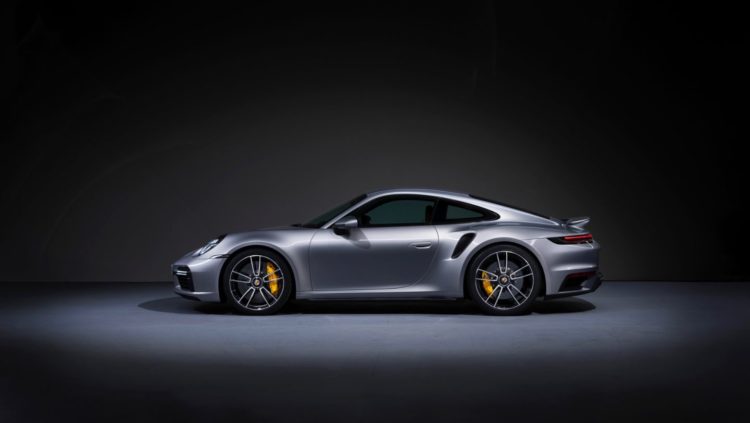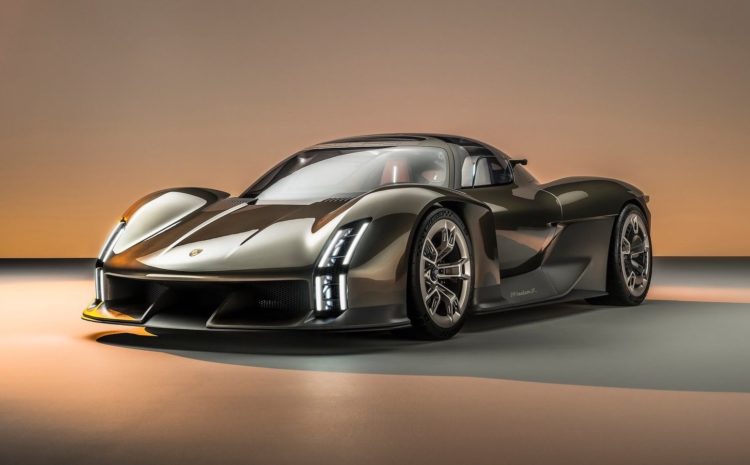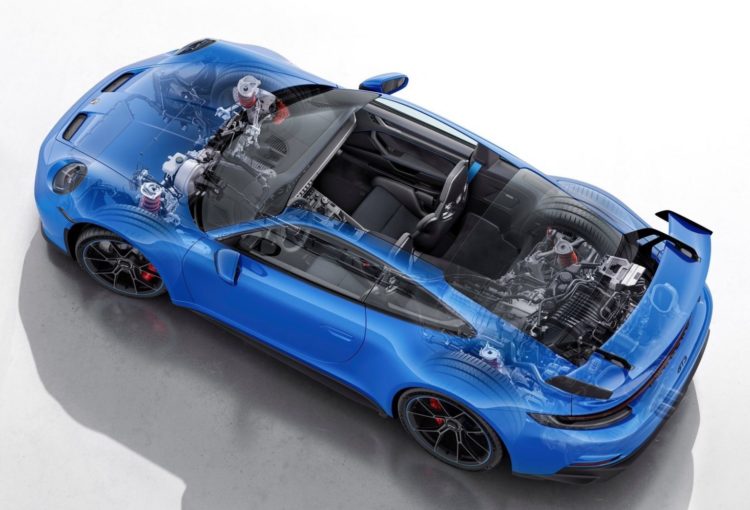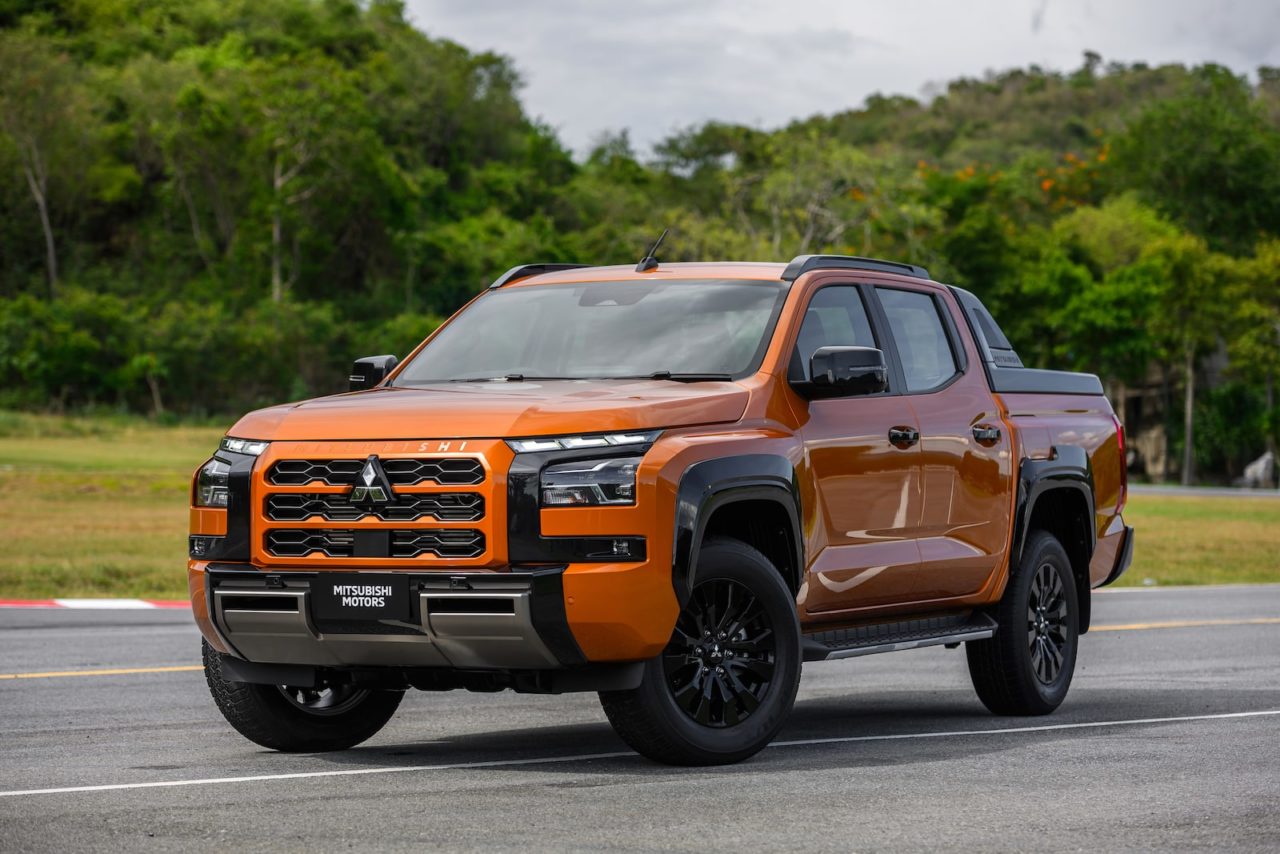Porsche has confirmed that the iconic 911 coupe will be the only model in the company’s range to be powered by an internal combustion unit by 2030, with Porsche giving us a few details of its transition to a battery-electric lineup.

According to a report from Reuters, Porsche plans on sticking with the internal combustion engine for as long as it possibly can, but only for the 911, which currently accounts for a 13% share of Porsche’s overall deliveries.
This means that the majority of its lineup, including the Macan, Cayenne, Panamera and even the 718 Boxster and Cayman will be powered entirely by electric motors by 2030.
Porsche expects that by 2030, sales of its electric vehicles will account for an 80 per cent share of the range, with plans for a new seven-seat flagship BEV, as well as an electric take on the Cayman and Boxster already in the pipeline.
Ahead of that time, it’s confirmed that the 911 will pick up electrical assistance in some form, with rumours Porsche is planning on reviving the GT2 RS with some hybrid tech snatched from the le Mans 919 racer by 2026.

In the wake of the European Union’s planned 2035 phase-out of petrol and diesel-powered vehicles, Porsche has taken a multifaceted approach to its lineup as it approaches the end of the line for pure ICE models.
Part of that plan has been investing in a major stake in e-fuel specialists HIF Global, which may allow Porsche to skirt around the planned 2035 phase-out, if the company has a viable alternative and low-emissions fuel at hand.
Both Porsche and Ferrari have pushed for exemptions for internal combustion vehicles sold post-2035 that are powered by e-fuels.
Porsche insists that its e-fuel investments and electrification plans are two completely separate issues, and indeed they are. Still, it’s hard to argue that the latter ensures a longer lifespan for the 911 in its current form.

